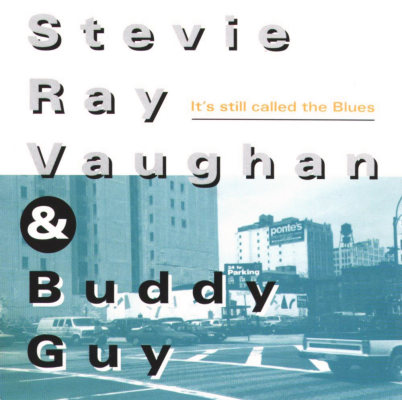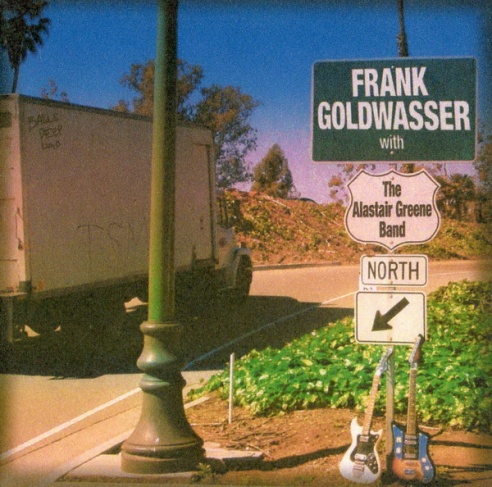
Perhaps Innes Sibun isn’t a really familiar name to very many people. As an accomplished sideman playing alongside musicians whose credits listings include backing Bob Dylan, George Thorogood, and Ten Years After amongst others, also one whose extensive touring background has seen his band opening shows for headliners such as Taj Mahal, Johnny Winter, Chris Farlowe and Jools Holland, and who also undertook a full tour with Robert (Led Zeppelin) Plant’s own band, putting together this 10 track mostly live collection probably seemed just like another evening’s work. It certainly doesn’t sound like that though. Innes Sibun is an equally talented, experienced and committed guitarist and his enthusiasms and those of his band are put across with a refreshing clarity and depth on this CD, which was recorded at the Queens Head pub in the Wiltshire, England village of Box, and from which the album takes it’s title.
First track is a cover of a Rory Gallagher song. “A Million Miles Away” begins with a feverishly dextrous wall-of-shredding intro which swiftly mellows into the song itself, an edgy tale of barroom subterfuge taken at midtempo and which wastes no time introducing Innes Subin’s fretboard pyrotechnics to the listener. You might expect an evening dedicated solely to fast paced 12 bar rockouts on the strength of this opener but Innes Subin and his band – keyboardist Tim Blackmore, bassist Steve Hall and drummer Robbie Brian – are playing for more than kicks this evening and while second track “Station Blues” is taken at a near breakneck pace it’s with third track “I Want You Back” that the group really get into their stride, a slower number that echoes some of Eric Clapton’s more laid back moments and wouldn’t sound out of place on an enhanced reissue of 461 Ocean Boulevard. Other numbers such as “Someone Like You” contain some consistently inventive and occasionally remarkable guitar from Sibun himself, whose frenetic riffing might put blues rock enthusiasts in mind of Albert Lee or even Jimmy Page, but there is far more to the Innes Subin band’s music than just reverent recreations of what was the sound of the rock mainstream for nearly two decades. “Desert Rain” is a slow paced instrumental that provides the full band with an opportunity to show what they’re really capable of, and showcases an impressively atmospheric keyboard part from Tim Blackmore. A version of Tampa Red’s “Don’t You Lie To Me Honey” meanwhile, only lacks a harmonica break to remind us all of exactly how downright entertaining Dr Feelgood were, and album closer “Fisherman’s Wharf” is an acoustic ballad that contains more than a touch of proper progrock, such as Yes and King Crimson, about it.
So, a group of highly adept and experienced musicians doing exactly what they want to, and very thoughtfully recording it so that people who weren’t in that English country barroom might also appreciate their verging on masterful performance. If you ever get the chance to see the Innes Subin Band perform live, I would suggest that you take it.





